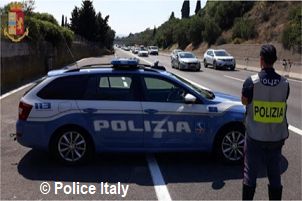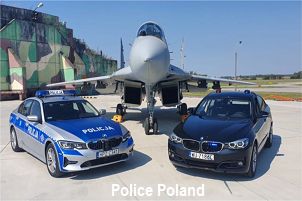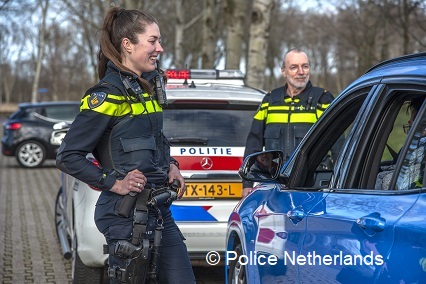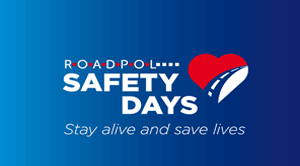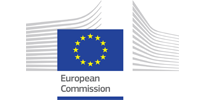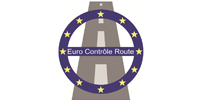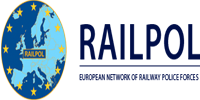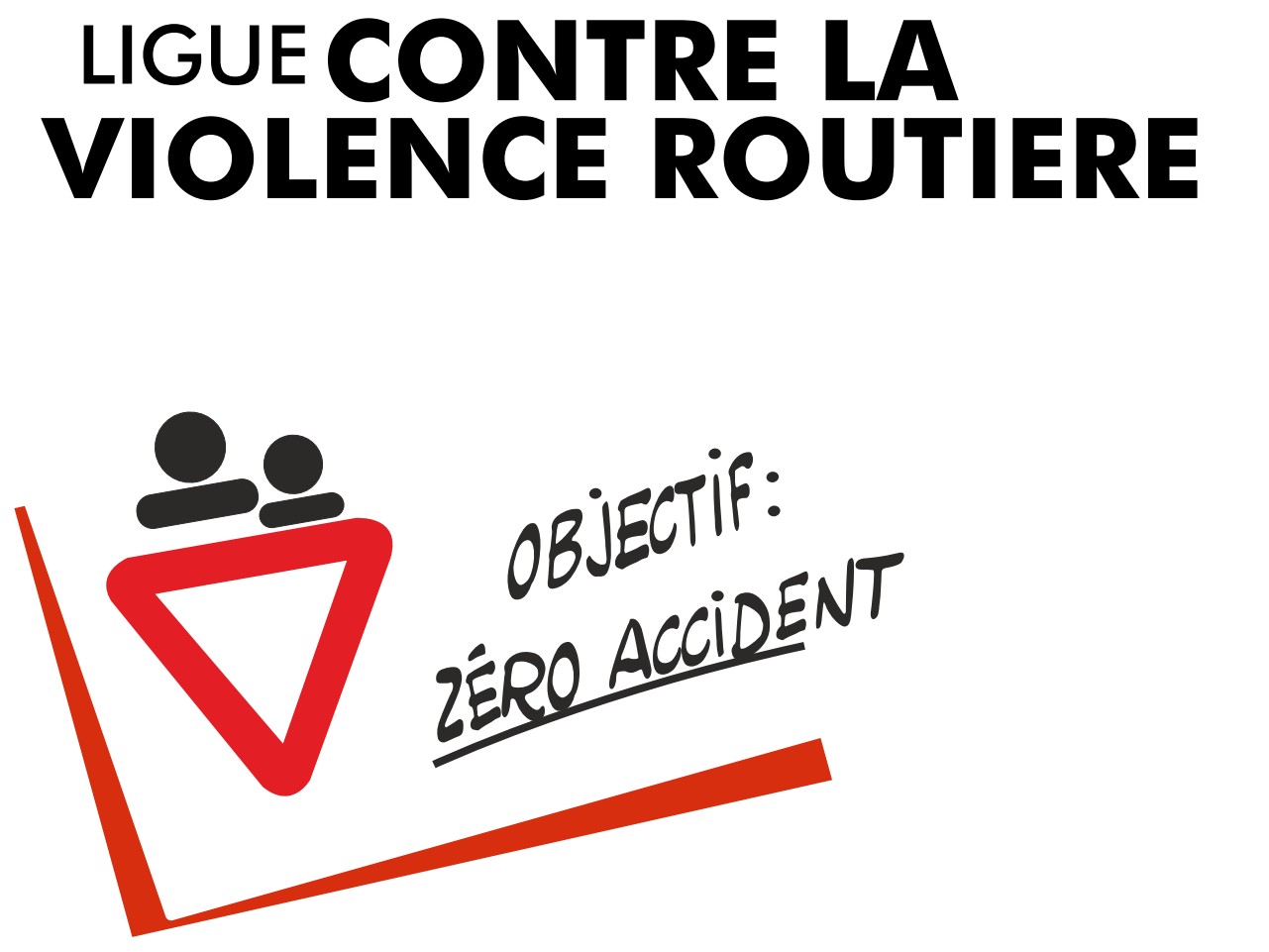Drugs Quickly Catching Up
Alcohol Behind The Wheel
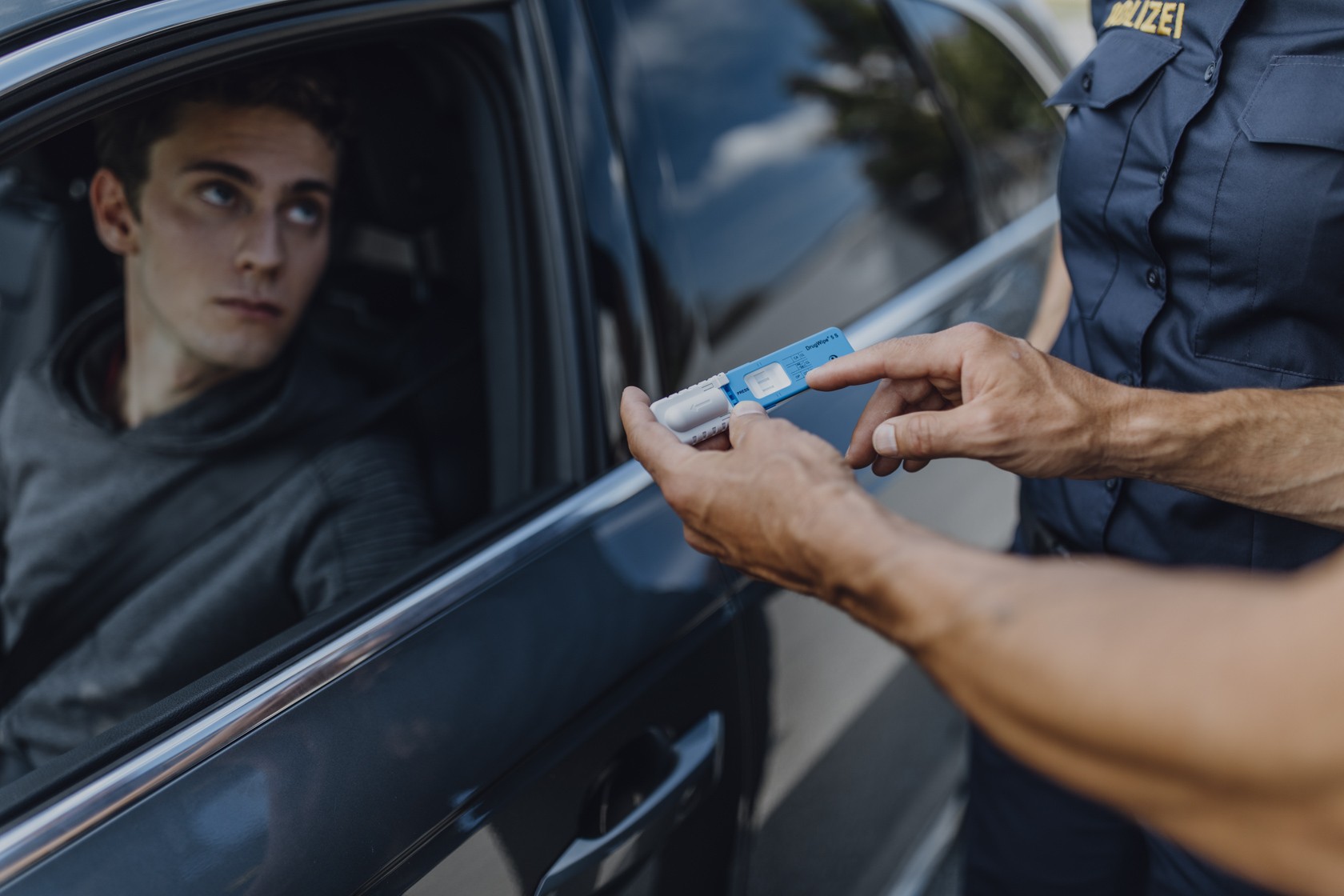 According to Securetec drugged driving has soared during the pandemic. PHOTO: SECURETECDrugged driving is proliferating fast and is quickly closing in on alcohol-related offences, ROADPOL pan-European Alcohol and Drugs Operation results show.
According to Securetec drugged driving has soared during the pandemic. PHOTO: SECURETECDrugged driving is proliferating fast and is quickly closing in on alcohol-related offences, ROADPOL pan-European Alcohol and Drugs Operation results show.
622.468 drivers were checked during a pan-European enforcement operation carried out in the busy summer season of 2021. Results showed that the relative share of drug-related offences are clearly on the rise when compared to alcohol ones. The findings were especially obvious during weekends, when recreational drug use traditionally increases. It turned out that during the last two days of the week drugged drivers account to more than 35% of the total amount of drivers under the influence of dangerous substances. Overall during the weekend, 3.304 drivers were found under the influence of alcohol and 2.107 under the influence of drugs.The figures of weekdays show much clearer prevalence of alcohol-related offences - 12.250 drunk drivers were caught compared to 2.150 under the influence of drugs.
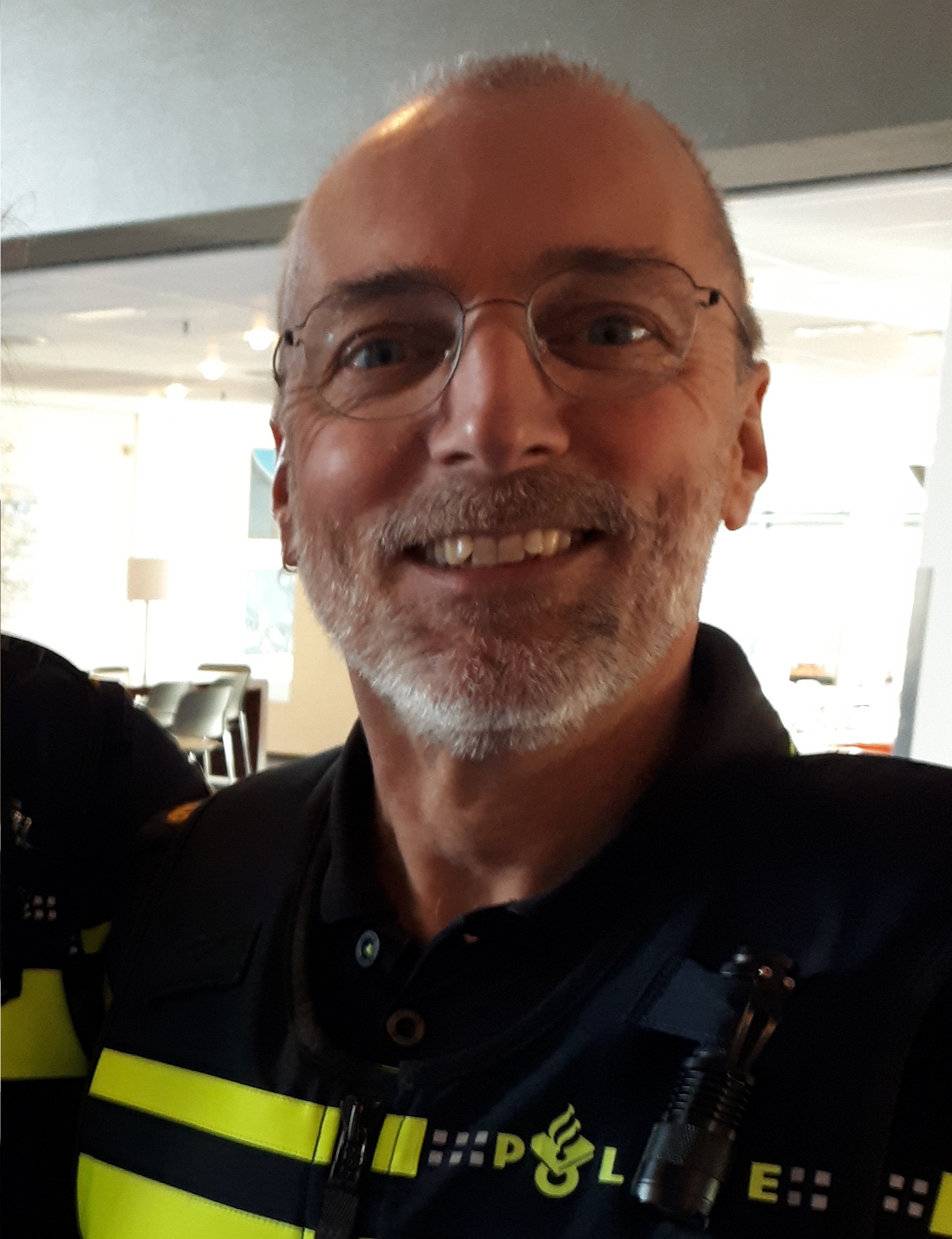 Henk JansenOccurence
Henk JansenOccurence
“It is not possible to indicate in which country the violation percentage was the highest, because the way of checking differs too much and the Covid-19 pandemic has its serious implications as well”, informs ROAPDOL Operational Group Secretary Henk Jansen from the Dutch National Police. He explains that in most cases the control of the use of alcohol or drugs takes place by taking a breath test or a saliva test. In the case of a positive result an extensive breath test or a blood sample must sometimes be taken. “During these investigative acts it is impossible for a police officer to keep 1.5 meters away from a driver. In all forms of breathalyzer tests the driver must blow air through a device after which the air with possibly contaminated aerosols leaves the device and swirls around”, Jansen describes thus explaining why police in a number of European countries have limited alcohol and drug checks since the Covid-19 outbreak. In most cases the police do not carry out non-selective checks and instead, only drivers with suspicious driving behavior are selected for testing.
Consumption
 Wilfried SoothIn the same time different surveys reveal that during the pandemic lockdowns, weed and alcohol consumption increased for most of the users around the world. “Because of the pandemic, more people are driving stoned and drunk, and the risk grows up, that their wrong behaviour ends up in a tragedy”, commented Wilfried Sooth, director of Securetec, a Bavarian-based company, producing the DrugWipe® rapid drug tests, currently used in more than 30 countries on all continents, which is partnering ROADPOL in its fight against intoxicated driving.
Wilfried SoothIn the same time different surveys reveal that during the pandemic lockdowns, weed and alcohol consumption increased for most of the users around the world. “Because of the pandemic, more people are driving stoned and drunk, and the risk grows up, that their wrong behaviour ends up in a tragedy”, commented Wilfried Sooth, director of Securetec, a Bavarian-based company, producing the DrugWipe® rapid drug tests, currently used in more than 30 countries on all continents, which is partnering ROADPOL in its fight against intoxicated driving.
Enforcement
“The police enforcement levels vary significantly in the European countries and are not always linked to the prevalence of drug driving. In France, for example, there is an average of 197 prosecuted drivers for drugged driving per day. At the same time in the same country we estimate an average of 900.000 THC (the principal psychoactive constituent of cannabis) daily consumers¹. This means only few of them are getting tested and the others may stick to their bad habit of drugged driving“, Sooth argues. „That is why together with ROADPOL we want to address the need for higher drug driving enforcement levels. We can increase the deterrent effect of roadside drug testing by common actions and communication. The upcoming 2021 ROAPDOL Safety Days campaign is a wonderful chance for visible roadside testing which can serve to educate the public while also acting as a deterrent“, Sooth elaborated. According to him drivers using drugs should get the message that low detection rates will eventually climb and the partnership between ROADPOL and Securetec is a clear step towards this. The next ROADPOL Alcohol and Drugs Operation is to be conducted later this year in December.
¹OFDT: Drugs, Key Data – 8th edition, June 2019


